National Sailing Scheme Instructor Handbook. Справочник инструктора по национальной системе парусного спорта
Издание на английском языке.
Sailing is a wonderfully diverse sport with so many types of boats to suit everyone, regardless of age or ability. The RYA National Sailing Scheme offers one of the best ways into the sport and the progressive training programme, made up of a series of two day courses, enables participants to progress quickly from beginner to expert in a controlled, safe and fun environment.
Participants can choose to learn in dinghies, multihulls or small keelboats, offering a level of activity and adrenaline to suit any taste.
The Youth Sailing Scheme is closely aligned to the adult National Sailing Scheme, but with even more emphasis on fun and games in the early stages. It is delivered in smaller bite sized chunks to build confidence and skills.
Both the youth and the adult schemes offer parallel routes through learning the basics before embarking on the more advanced courses, where more specialist skills are taught and individual coaching is provided.
The RYA sailing schemes are taught in a vast number of locations from the open sea to small lakes, from the north of Scotland to the shores of the Mediterranean. The boats vary from Optimists and Picos to keelboats and multihulls. In spite of this variation, the process of learning to sail has remained largely unchanged during the forty plus years that the RYA has run a national training scheme.
The RYA method known to every dinghy instructor has stood the test of time with few modifications and remains as effective today as it was at its inception. This book explains the technigues and progressions that make up the method along with all the other skills and knowledge required by RYA instructors. It assumes you are already a competent sailor who would like to become involved in an RYA training centre, teaching dinghy, multihull or keelboat sailing.
This instructor handbook is for all those working, or volunteering, as instructors, senior instructors and coaches within the RYA National Sailing Scheme and Youth Sailing Scheme. This publication also includes an explanation of who can teach the scheme and where, and space to include your log of instructional experience and courses attended.
Contents
1. Foreword
2. Equal Opportunities
3. RYA Organisations
a. RYA Training Centres
b. RYA Affiliated Clubs
c. RYA Volvo Champion
4. Clubs General Considerations
a. Duty of Care
b. Instructor Health Declaration
c. Student Health Declarations
d. Swimmers
5. RYA Instructor Awards
a. RYA Assistant Instructor
b. RYA Instructor Pre-entry Sailing Assessment
c. RYA Dinghy/Keelboat/Multihull Instructor
d. Coastal Endorsement
e. Advanced Instructor Endorsement
f. Dinghy/Keelboat/Multihull Endorsement
g. Racing Instructor Endorsement (Racing Coach Level 1)
h. Racing Coach Level 2
i. RYA Senior Instructor j. RYA Coach/Assessor k. Who Teaches What
I. Teaching Ratios
6. Techniques for Instructing and Coaching
a. Instructing and Coaching Skills
b. Your Role - instructor or coach
c. Land Drills
d. The Four Stages of Learning
e. Basic Skills Model
f. How and Why People Learn
g. Barriers to Learning
h. People Skills for Instructors
i. Communication Skills j. Presentation Skills
k. Handling Questions
I. Use of Visual Aids
m. Briefing and Debriefing
n. Assessing Your Students' Abilities
o. Certificates
7. The National Sailing Scheme & Youth Sailing Scheme
a. National Sailing Scheme Overview
b. Youth Sailing Scheme Overview
c. Games to Facilitate Learning
8. The RYA Teaching Method for Double Handers
a. Method Progressions
b. Man Overboard Recovery
c. Additional Practical Sessions
9. The RYA Teaching Method -Adaptations for Single Handers
10. The RYA Teaching Method - Adaptations for Keelboats
11. The RYA Teaching Method - Adaptations for Multihulls
12. Teaching the Advanced Modules
a. Seamanship Skills
b. Day Sailing
c. Sailing with Spinnakers
d. Start Racing
e. Performance Sailing
13. Teaching Disabled Sailors
14. The Use of Powered Craft in a Teaching or Coaching Environment
15. Advice and Guidance
16. Logbook
17. Recommendations for Coaching Awards
18. Glossary
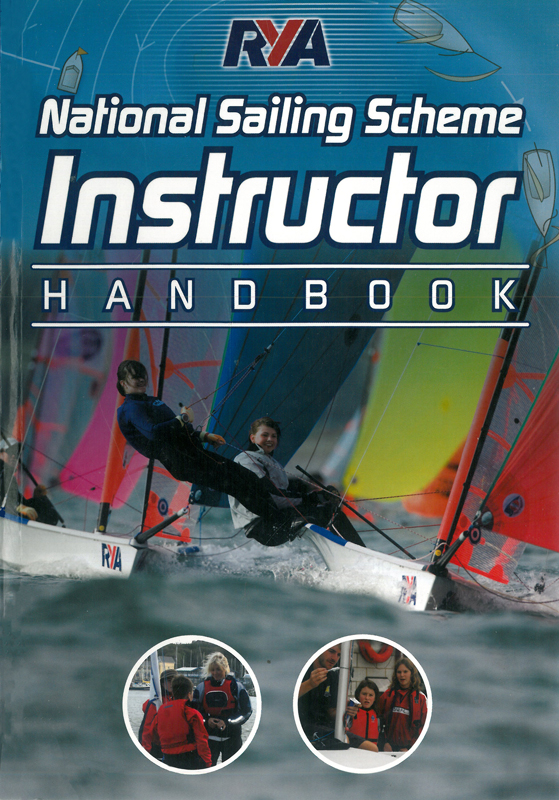
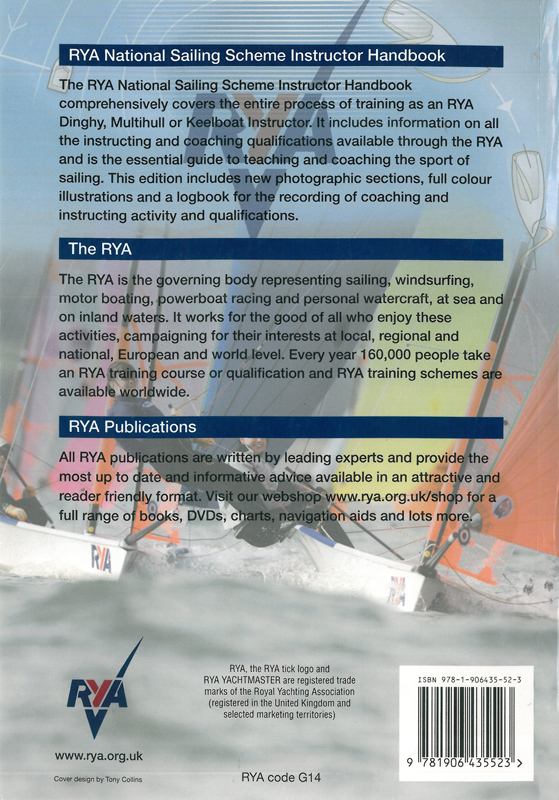


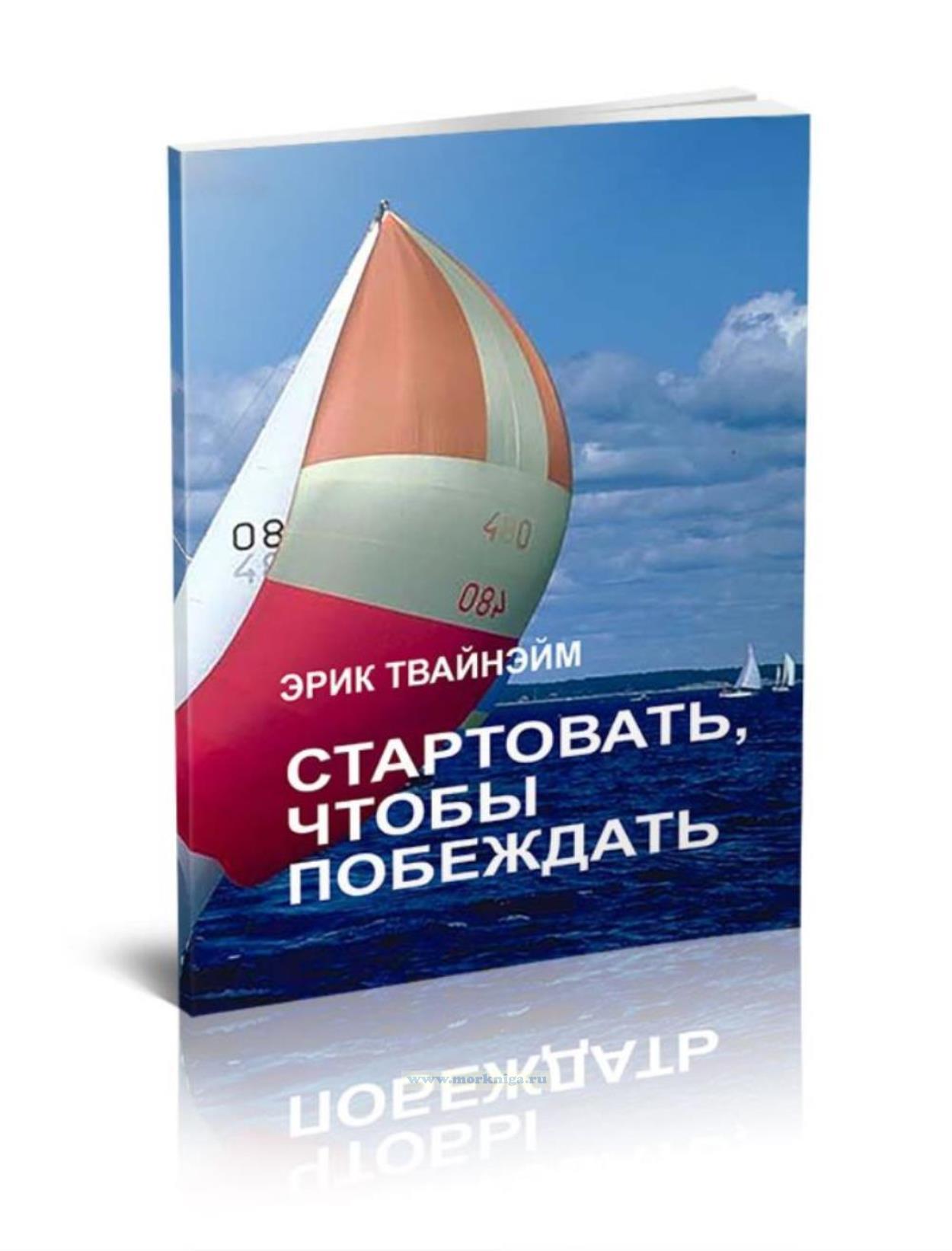 Стартовать, чтобы побеждать
Стартовать, чтобы побеждать 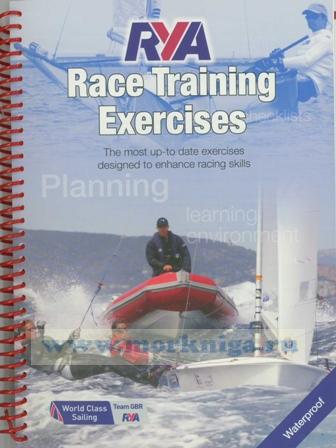 RYA Race Training Exercises. Тренировочные упражнения для парусных гонок
RYA Race Training Exercises. Тренировочные упражнения для парусных гонок 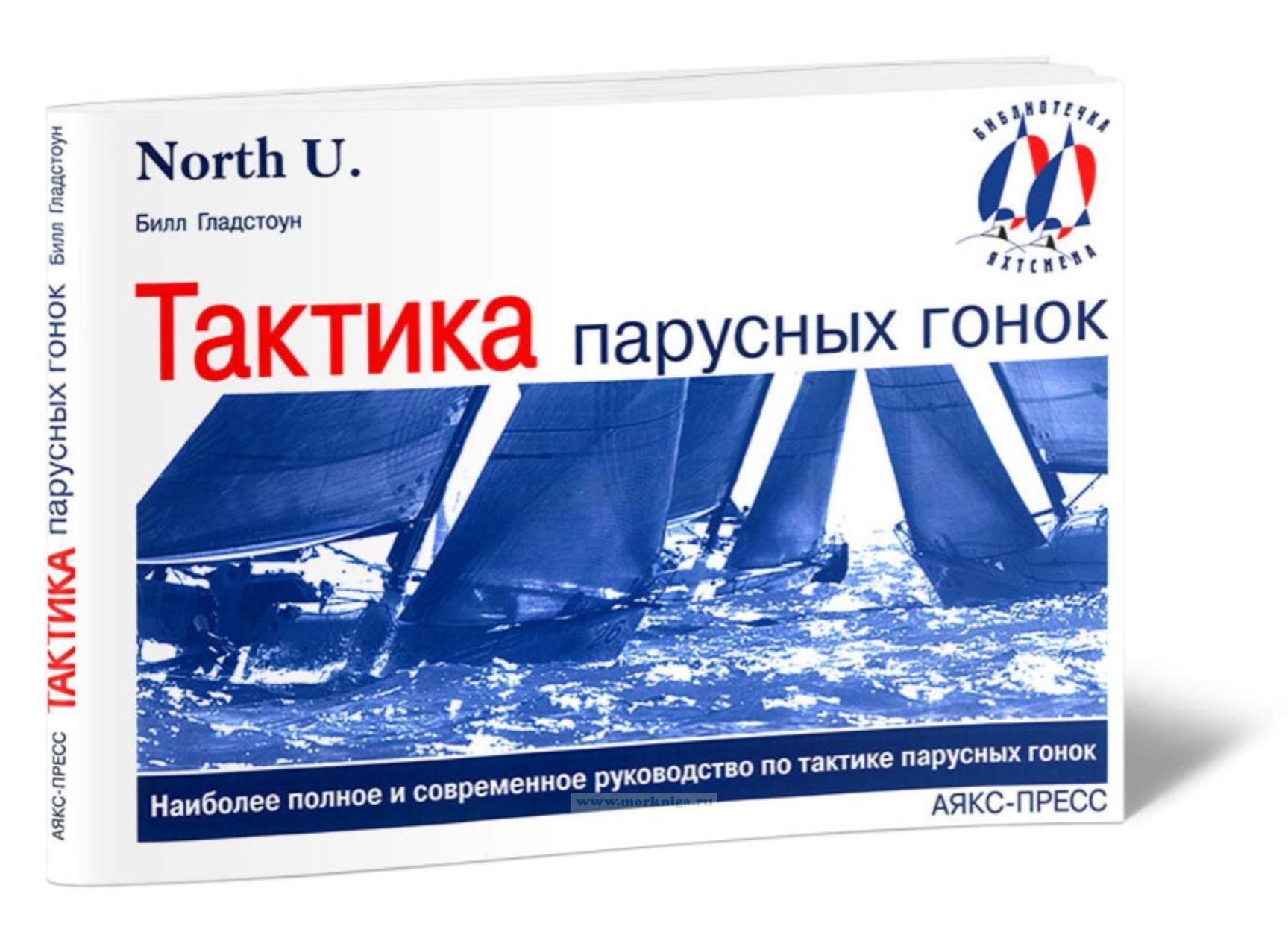 Тактика парусных гонок. Наиболее полное и современное руководство по тактике парусных гонок
Тактика парусных гонок. Наиболее полное и современное руководство по тактике парусных гонок